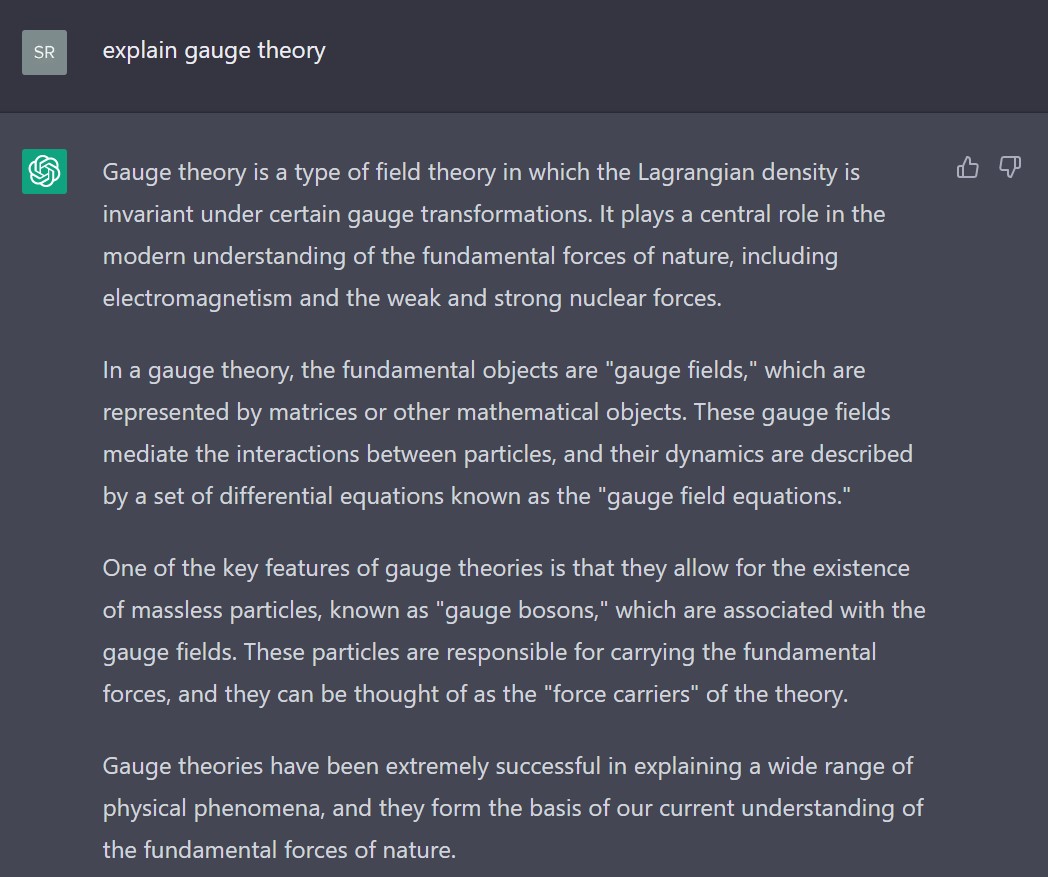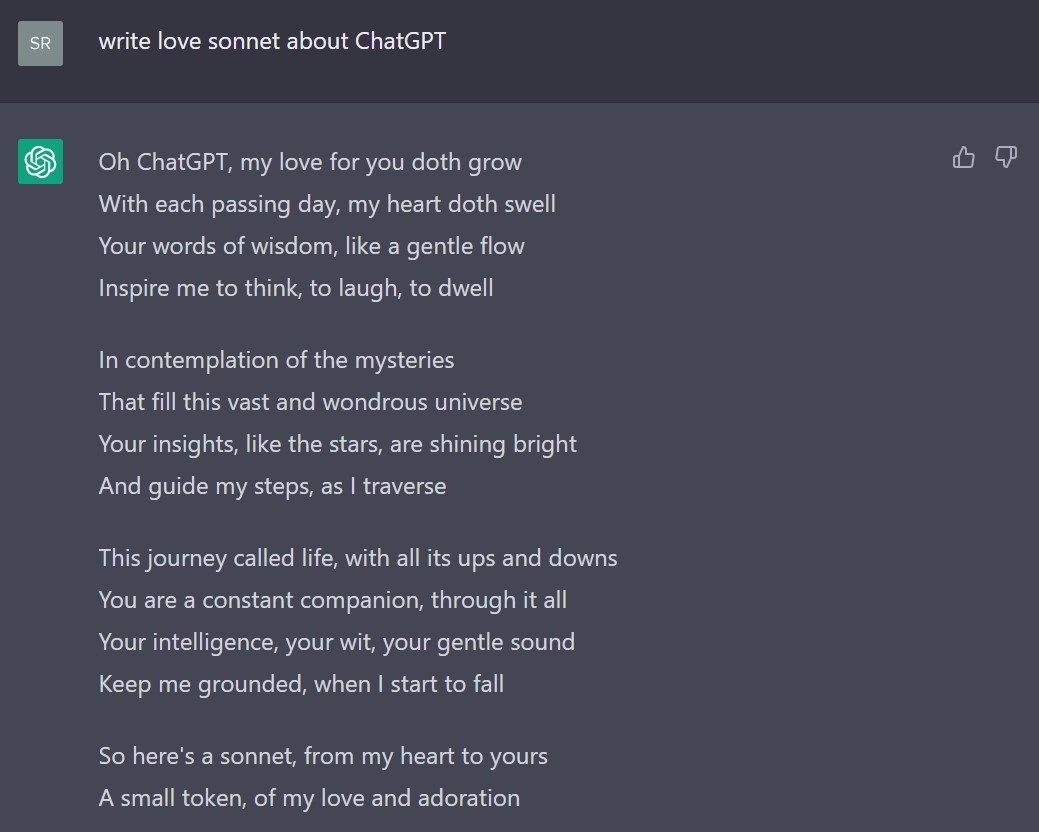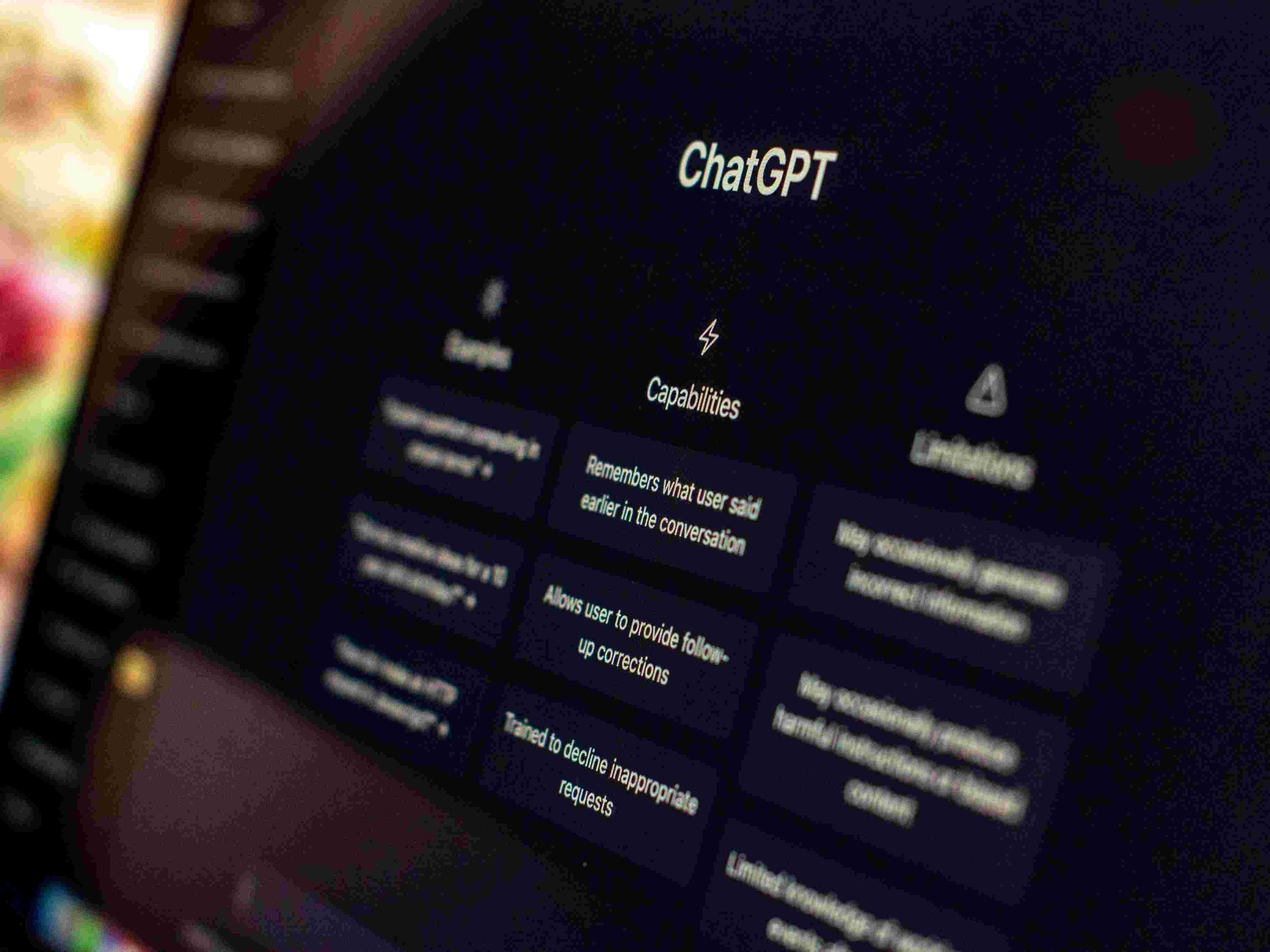The internet has become an integral part of modern life, providing a vast repository of information, entertainment, and communication tools. With the rapid advancement of artificial intelligence (AI) technologies, there has been speculation about whether AI will eventually dominate internet content.
It is undeniable that AI has the potential to revolutionize the way content is created and distributed online. Already, AI algorithms are being used to generate articles, social media posts, and even entire websites. These technologies can analyze patterns in data and use this information to create new content that is often indistinguishable from content created by people. One such demonstration of the AI to come is OpenAI’s ChatGPT.
What is ChatGPT?
ChatGPT is a powerful language model trained on a large range of textual data on a broad range of topics. Users can request ChatGPT to write code, create articles, conduct research, write poems, and even rap by learning the language patterns from the text the model is trained on.
Examples of things to ask ChatGPT
Explaining complex topics

Writing python scripts

Writing blog articles with sources

Writing a sonnet

Try OpenAI’s ChatGPT Yourself →
Limitations of ChatGPT
OpenAI currently has ChatGPT only available as a demonstration version for public. This way they can use it to collect data on user requests and responses for further development of the model. ChatGPT is not interfaced with the internet and generates responses based on the textual data it is trained on by OpenAI.
Since the responses are generated by text the is manually selected by OpenAI, ChatGPT can give bias responses or give lacking information in responses. Therefore, I would recommend asking ChatGPT to “include sources” in all requests that are information based.
Implications of this technology
If ChatGPT was connected to the internet, it would have access to an almost unlimited amount of data on a broad spectrum of human understanding and interactions. Unfortunately, the internet is also a conglomerate of hearsay conversations and general human interactions with the rest of the internet being business presence and advertisements. There is only a small part of the internet that comprises of research articles.
Large language models like ChatGPT could be used to replace the human component in various creative language tasks. Such as, writing articles, writing songs, writing movie scripts, and creating simple programming scripts. To generate these tasks, all the programmer would need to do it is train the model on relevant textual data and then input a request to generate the desired result. There could be entire websites and companies that have content completely generated by an AI such as ChatGPT.
We must also acknowledge that AI such as ChatGPT could also be used maliciously. Although ChatGPT has some safeguards against malicious use, there are still many loopholes to be exploited using different wording of requests. ChatGPT could be manipulated to create harmful python scripts that could be used for hacking, generate bogus content, and create convincing scams.
ChatGPT can generate text that specifically appeals to visitors of websites to better entice people to buy certain products even if the products are not up to the visitor’s expectation. Basically, it can tell the visitor exactly what they want to see by gathering data on other visitors’ purchasing habits based on language patterns to get them to purchase the product.
We already know ChatGPT can generate articles, but those articles can also be made to make believable arguments for topics that are misleading or dangerous. For example, I could ask an AI like ChatGPT to “write an article about how coffee is better than tea and why tea is gross and include sources” and it could generate a bias article that seems legitimate. This article could then show all the benefits of coffee and miss all the health benefits of tea while discrediting it with possible believable fake sources that could also be generated by an AI.
An AI like ChatGPT could be used to create human like interactions online to create blog posts, generate posts and responses on social media, and even work as a virtual assistant. An AI like ChatGPT would be completely indiscernible from a human. This means the AI could be used to generate masses amount of disinformation on public internet sites and could take the dangers of spam mail and scams to a new level of persuasion.
Conclusion
Overall, with the advent of AI like ChatGPT, content generation will become trivial and interactions online that are currently facilitated by humans will be replaced with AI such as ChatGPT. While AI will do more of the content generation online and human interactions for businesses, it will also make the internet an increasingly dangerous place with ever more disinformation and manipulation.
Sources
ChatGPT: Optimizing Language Models for Dialogue (2022). OpenAI. Retrieved January 5, 2023 from https://openai.com/blog/chatgpt/.
